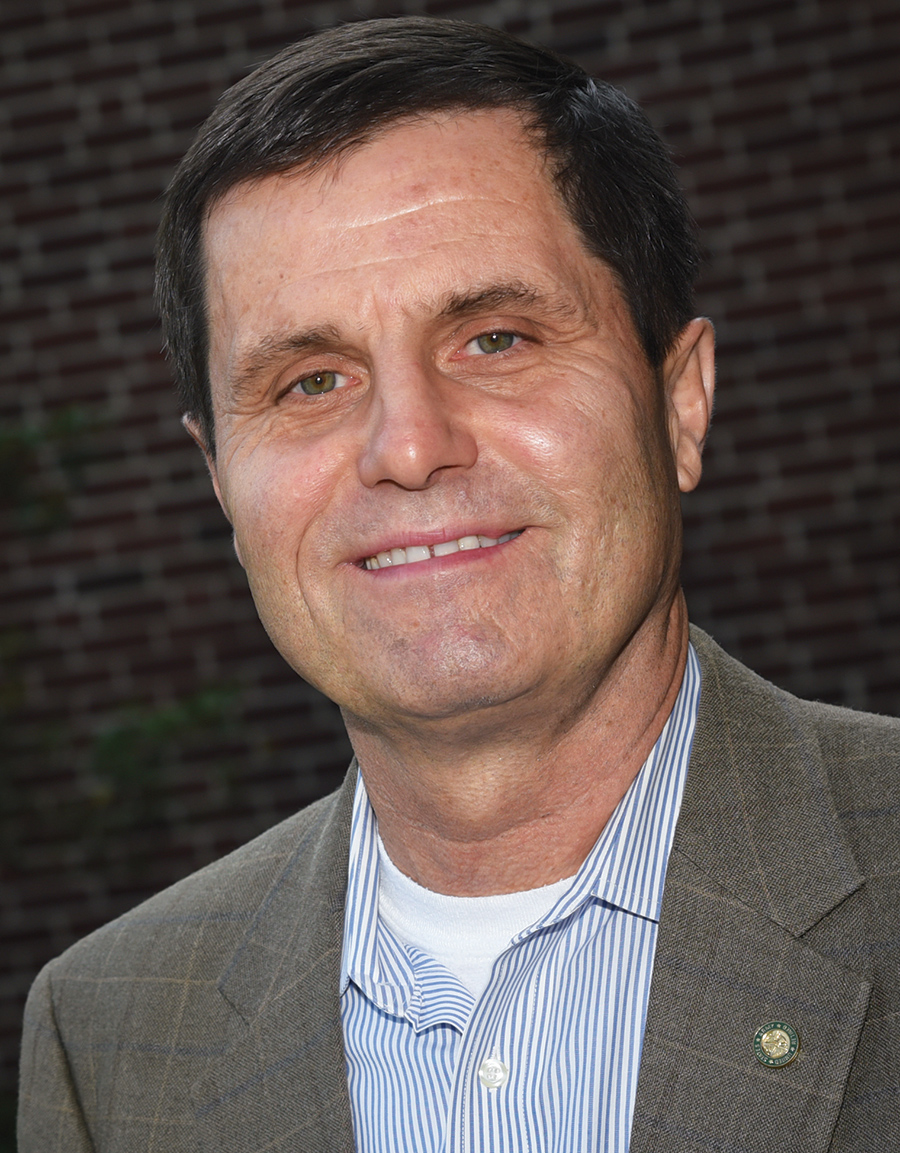I spent the next 25 years caring for patients in the United States and Germany as well as in Bosnia and other hotspots, where my training in austere and disaster medicine paid off. One memorable role was as commander of the Pentagon’s 200-personnel medical clinic on Sept. 11, 2001.

In a subtle way, however, outside the foundation for medical school that started in Taylor Hall and Olin Science, Bucknell opened my mind far beyond the required prehealth classes. Art in the Dark, Music 101 and Geography 101 showed me the world — that culture and geography count and that world issues impact us all, directly.
It was this cultural competency — art, music, geography, religion and so many other nonmedical skills fostered at Bucknell that made the medicine work at the Pentagon and in Haiti. You can’t practice medicine in these settings if you don’t know how to work with leaders, lawyers, chaplains, business people, journalists, engineers, logisticians and others. And to touch your patients, to really feel their needs and situation, you have to understand the Bible in their hands, the art they hang in their tents and the songs they sing during a painful dressing change. That’s the kind of diversity I first encountered at Bucknell.
Recipient of Bucknell’s Outstanding Achievement in a Chosen Profession Award this year, James Geiling is a professor of medicine at Dartmouth’s Geisel School of Medicine as well as an intensivist and hospitalist.